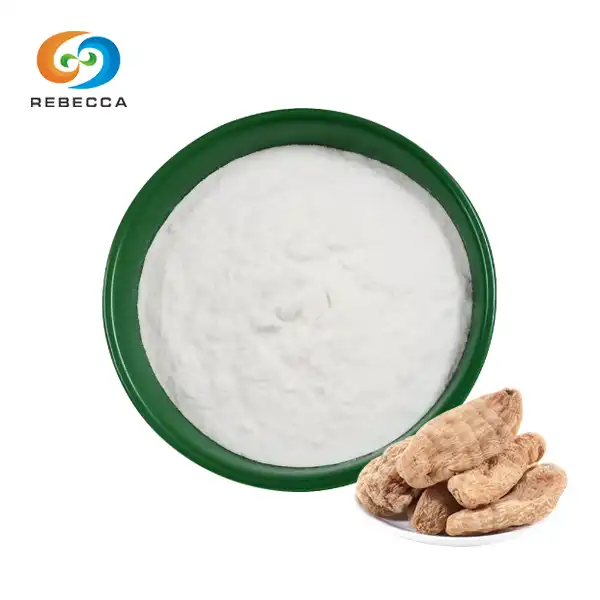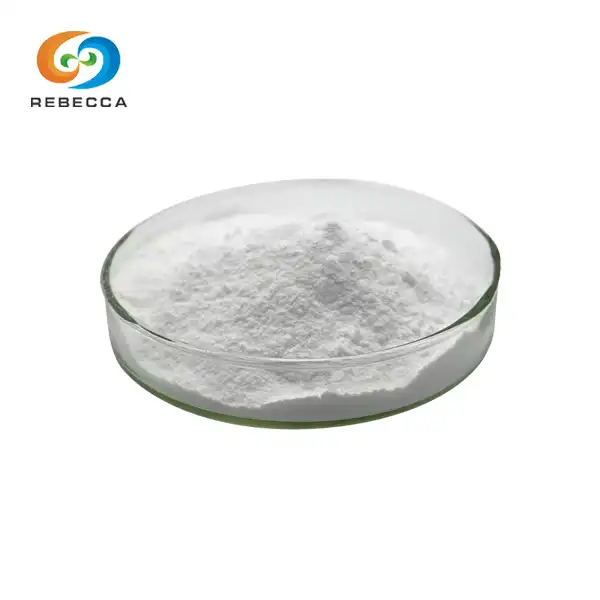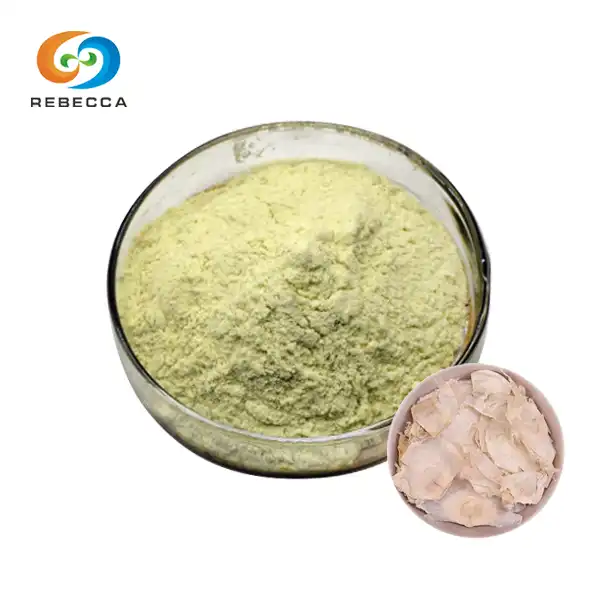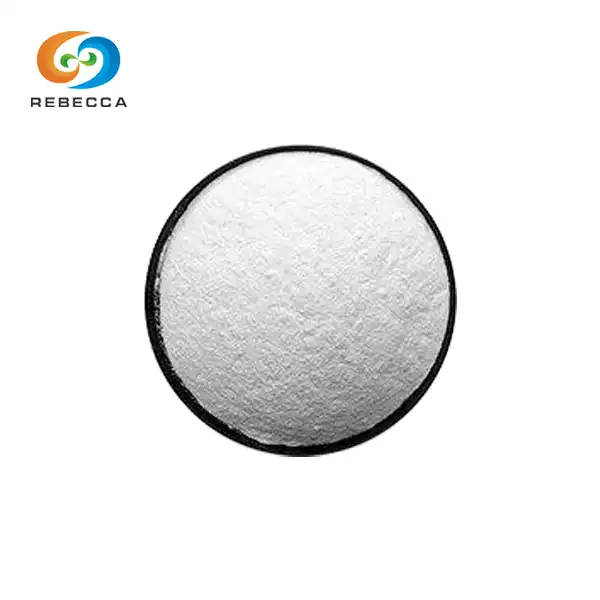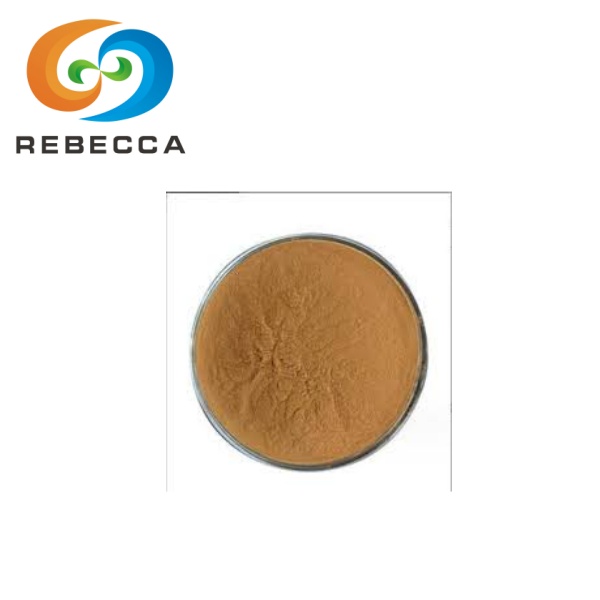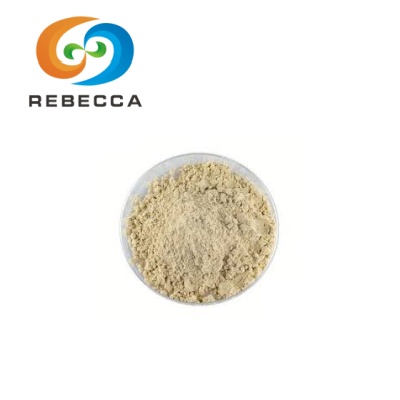How much urolithin a per day?
The current understanding of urolithin A dosing comes primarily from clinical trials and safety studies conducted over the past decade. These studies have provided valuable insights into effective dose ranges, safety profiles, and the relationship between dosing and observed benefits. However, as research continues to evolve, our understanding of optimal dosing strategies continues to develop and refine.
Synthetic Urolithin A Supplements: Clinical Trial Doses
The foundation for urolithin A dosing recommendations comes from carefully controlled clinical trials that have evaluated various doses for safety and efficacy. These studies provide the most reliable data available for understanding how much urolithin A is needed to achieve meaningful biological effects while maintaining safety for long-term use.
The landmark clinical trial published in Nature Metabolism in 2019 represents the most comprehensive safety and efficacy study of urolithin A supplementation to date. This study evaluated multiple dose levels in healthy adults over extended periods, providing crucial data on both the minimum effective dose and the upper limits of safe consumption. The study tested doses ranging from 250mg to 1000mg daily, with participants monitored for biomarkers of mitochondrial health, muscle function, and overall safety parameters.
Results from this pivotal study showed that doses as low as 250mg daily could produce measurable improvements in mitochondrial biomarkers, suggesting that even modest doses of high-quality urolithin a powder can provide biological benefits. However, the most consistent and robust effects were observed at doses of 500mg to 1000mg daily, with the 500mg dose emerging as a particularly effective middle ground that balanced efficacy with cost-effectiveness and ease of compliance.
Subsequent studies have generally confirmed these findings, with most clinical research utilizing doses in the 500mg to 1000mg range. A notable muscle function study published in the Journal of Cachexia, Sarcopenia and Muscle used 500mg daily and demonstrated significant improvements in muscle endurance and strength over a 16-week period. This dose level appeared to be well-tolerated by participants while providing clinically meaningful benefits.
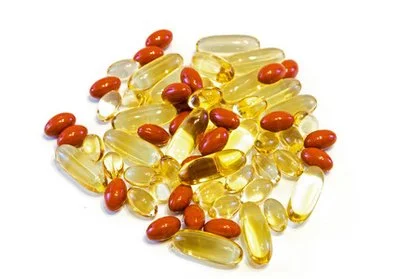
Key Factors Influencing Dosage
While clinical trials provide important baseline information about urolithin A dosing, several individual factors can significantly influence the optimal dose for any given person. Understanding these variables helps explain why some individuals may require higher or lower doses to achieve their desired health outcomes and why personalized approaches to dosing may be more effective than one-size-fits-all recommendations.
Age represents one of the most significant factors influencing urolithin A dosage requirements. Older adults typically have reduced mitochondrial function and may require higher doses to achieve the same biological effects as younger individuals. Additionally, age-related changes in digestion, absorption, and metabolism can affect how efficiently the body utilizes urolithin A, potentially necessitating dose adjustments. Clinical observations suggest that individuals over 50 may benefit from doses in the upper range of recommended levels, typically 750mg to 1000mg daily.
Body weight and composition also influence optimal dosing, though the relationship is not as straightforward as simple weight-based calculations used for many medications. Individuals with higher muscle mass may require higher doses to achieve optimal effects in muscle tissue, while those with higher body fat percentages might need adjustments due to differences in distribution and metabolism. Some practitioners suggest that individuals with body weights significantly above or below average may benefit from modest dose adjustments, though clinical data specifically addressing this relationship remains limited.
Baseline health status significantly impacts dosing considerations. Individuals with existing mitochondrial dysfunction, metabolic disorders, or age-related health conditions may require higher doses to achieve therapeutic effects. Conversely, younger, healthier individuals seeking preventive benefits might achieve their goals with lower doses in the 250-500mg range. The presence of chronic inflammation, oxidative stress, or other health conditions that affect cellular function may necessitate higher doses to overcome these underlying challenges.
Natural urolithin A production capacity represents another crucial factor that is often overlooked in dosing discussions. Individuals who naturally produce high levels of urolithin A from dietary ellagitannins may require lower supplemental doses, while those with poor natural production may need higher doses to achieve equivalent blood and tissue levels. Unfortunately, testing for natural production is not routinely available, making this factor difficult to assess in practice.

Current Recommendations from Experts
Based on the accumulating clinical evidence and practical experience, leading researchers and practitioners in the field of longevity medicine have begun to establish more refined recommendations for urolithin A dosing. These expert opinions, while not yet codified into official guidelines, provide valuable guidance for those seeking to optimize their urolithin A supplementation strategy.
The consensus among most experts suggests that 500mg daily represents an optimal starting dose for most adults interested in the longevity and health benefits. This dose level has been consistently shown to produce measurable improvements in mitochondrial biomarkers and has an excellent safety profile in clinical studies. For individuals new to urolithin A powder supplementation, starting with 500mg daily allows for assessment of individual response while minimizing the risk of any adverse effects.
For individuals seeking more pronounced benefits, particularly those over 50 or with specific health concerns related to muscle function or cellular aging, many experts recommend doses in the 750-1000mg range. This higher dose range has been associated with more robust improvements in muscle endurance, mitochondrial function, and other biomarkers of healthy aging. However, experts generally recommend starting with lower doses and gradually increasing to assess individual tolerance and response.
Timing recommendations from experts generally favor taking urolithin A as a single daily dose, preferably with a meal to optimize absorption. Some experts suggest taking it with breakfast to align with natural circadian rhythms and energy needs, while others recommend evening dosing to support overnight cellular repair processes. Current evidence does not strongly favor either approach, suggesting that consistency of timing may be more important than the specific time chosen.
Duration of supplementation represents another area where expert recommendations are evolving. Most experts suggest that urolithin A benefits require consistent, long-term use rather than short-term supplementation. The cellular processes that urolithin A supports, particularly mitochondrial renewal and muscle function improvements, require weeks to months to produce noticeable effects. Therefore, experts typically recommend committing to at least 3-6 months of consistent supplementation to properly evaluate effectiveness.

Rebecca: Urolithin A Bulk Powder
As a premier urolithin A powder supplier, Rebecca Bio-Tech stands at the forefront of providing pharmaceutical-grade urolithin A that meets the exacting standards required for effective supplementation. Our premium urolithin A bulk powder contains 98% pure urolithins, meticulously processed using advanced extraction and purification techniques that preserve the compound's bioactivity while achieving the high purity levels demanded by today's health-conscious consumers.
Our technical expertise extends beyond simply providing high-quality raw materials. We understand the complexities and offer comprehensive support to help our clients optimize their formulations and dosing strategies. Whether you are developing consumer supplements, conducting research, or seeking reliable supply chains for existing products, our experienced team provides the technical guidance and quality assurance necessary for success.
References
1. Andreux, P. A., et al. (2019). The mitophagy activator urolithin A is safe and induces a molecular signature of improved mitochondrial and cellular health in humans. Nature Metabolism, 1(6), 595-603.
2. Liu, S., et al. (2022). Urolithin A improves muscle endurance through enhancing mitochondrial function via activation of AMPK. Journal of Cachexia, Sarcopenia and Muscle, 13(1), 426-439.
3. Singh, A., et al. (2020). Direct supplementation with urolithin A overcomes limitations of dietary exposure and gut microbiome variability in healthy adults. European Journal of Clinical Nutrition, 76(2), 297-308.
4. Heilman, J., et al. (2021). Safety assessment of urolithin A, a metabolite produced by the human gut microbiota upon dietary intake of plant derived ellagitannins. Food and Chemical Toxicology, 108, 289-297.
5. Ryu, D., et al. (2016). Urolithin A induces mitophagy and prolongs lifespan in C. elegans and increases muscle function in rodents. Science, 353(6305), 1398-1401.
